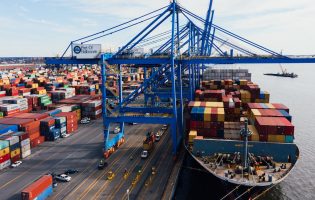
Trade Liberalization: De Jure and De Facto
More than a year and a half into his administration, President Biden has so far followed through on a key campaign pledge: to forego new trade deals that open U.S. …

Friendshoring: Democracy or Diversity?
In an April 2, 1917 speech before Congress arguing for U.S. entry into World War I, President Woodrow Wilson famously declared that “the world must be made safe for democracy.” …
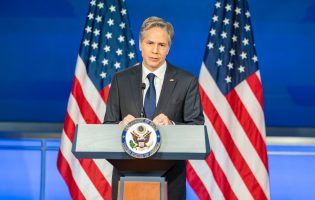
Reading Between the Lines of U.S. China Policy
U.S. Secretary of State Antony Blinken gave a speech to George Washington University on May 26 with the admirably straightforward title of “The Administration’s Approach to the People’s Republic of …

The EU’s Old School Approach to Russian Oil
Over the last two years, the European Union has innovated in a remarkable fashion to strengthen both its internal and external roles as an economic actor. As the EU struggles …
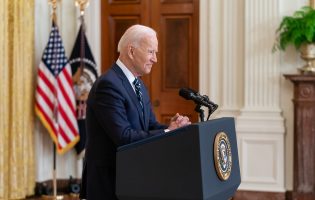
Revoking Russia’s Trade Privileges
The System Worked Last Friday, the G7 and the European Union decided to revoke Russia’s “most favored nation” (MFN) status, or what is called “Permanent Normal Trade Relations” in the …
Recent Authors
AGI provides knowledge, insights, and networks as tools to solve the challenges ahead.
Support Our Work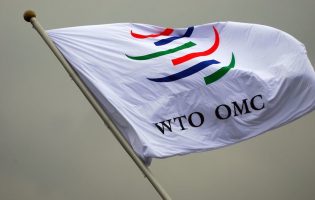
Rules or Tools?
The World Trade Organization, the hundreds of bilateral and regional trade agreements, and the more informal norms, principles, and frameworks that together form the global trading system are consistently referred …
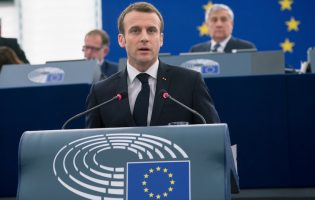
Will France Lead the EU to More “Autonomy”?
To mark the start of France’s six-month presidency of the European Union, President Emmanuel Macron and European Commission President Ursula von der Leyen honored two French citizens at a January …
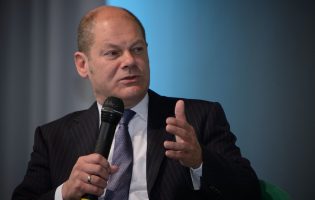
Germany Emerges from Economic Realpolitik
The 178-page coalition agreement announced last week by Germany’s next government comprised of the Social Democrats (SPD), Greens, and Free Democrats (FDP) and called “Alliance for Freedom, Justice, and Sustainability” …
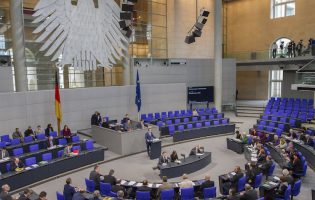
Nudging Germany toward a More Strategic Economic Role
The Social Democrats have come out on top in yesterday’s German election and are likely to lead the next government. But despite their losses, the Christian Democrats may still have …

Trade and Climate: A Looming Transatlantic Face-Off?
The idea that trade policies should be put to work on behalf of climate goals is gaining increasing currency. In a striking case of serendipity, the European Union and the …
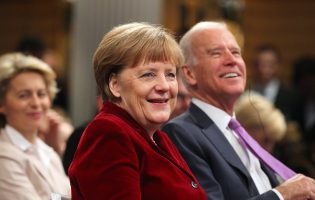
After Merkel’s Steady Hand, A More European and Strategically-Minded Germany?
On July 15, German Chancellor Angela Merkel will meet with President Joe Biden in the White House, the first European leader to visit him since he took office in January. …

The U.S.-EU Summit Resets the Narrative on Trade
Yesterday’s U.S.-EU Summit in Brussels was remarkable simply for taking place, as it was the first since 2014. But even more striking was the way U.S. President Joe Biden characterized …



